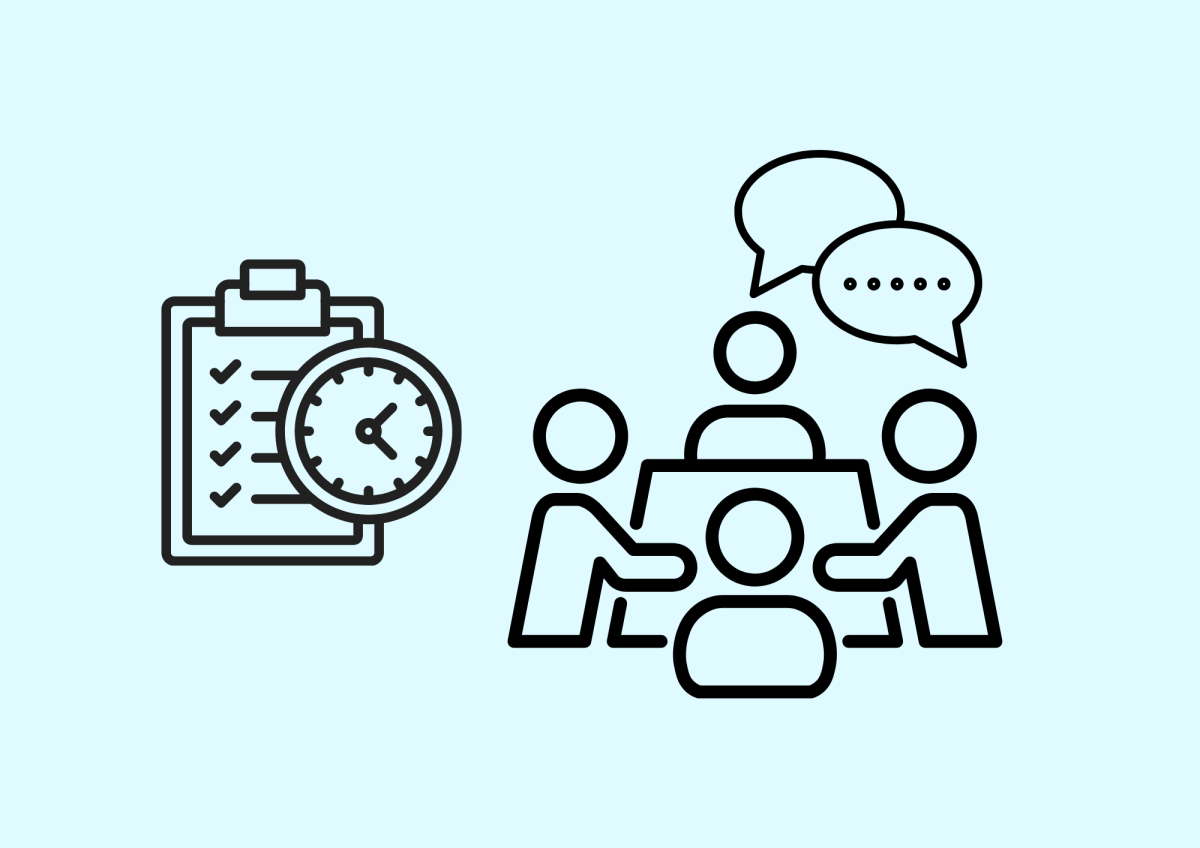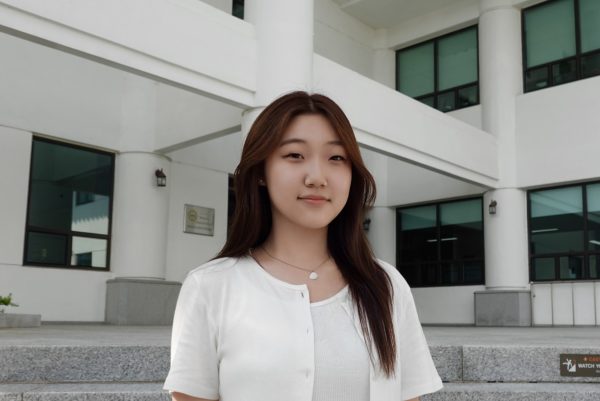Speaking in honest terms, when that email drops about another mandatory counselor meeting, most students groan. Another 30 minutes are taken from studying, hanging out with friends, or doing anything else that students may prefer.
But what happens in preparation for those dreaded meetings? Spoiler alert: It is more complicated than you’d think.
After struggling to find time to talk to students during their first year here, particularly with managing time and accessing classrooms, the counselors recognized the need for a more structured approach. This led to a key shift in the school schedule: Tuesdays were designated as dedicated days for counselors and other informative sessions, with no clubs scheduled, ensuring that these meetings were uninterrupted.
With this new dedicated time and place, the school counselors are now able to focus on more long-term planning. They map out key topics for the entire academic year. For instance, February marks the beginning of course selection season, a time when students are often filled with questions. From February through March, sessions mainly focus on navigating course choices; Counselors emphasize the importance of choosing classes thoughtfully and balancing academic rigor with personal interests and goals. This timing is intentional, as it aligns with when students are actively making decisions about their academic futures.
However, these meetings go beyond academics as well. They address the general trends identified through student surveys and individual meetings, such as time management, organization, and conflict resolution, and are most importantly tailored to meet the needs of each grade, from freshman year to senior year. For instance, many freshmen initially struggle with balancing extracurriculars with academics, which inspires sessions that focus on creating effective schedules and prioritizing tasks. Counselors also integrate lessons on boundaries and consent, collaborating with physical education classes to make discussions more relatable. Juniors, on the other hand, often suffer from burnout, which counselors try to alleviate by teaching stress management techniques and encouraging self-care practices.
When developing the program, counselors also take inspiration from the International School Counselor Association (ISCA), which provides comprehensive objectives and guidelines. These standards help ensure that important topics, such as mental health awareness and communication strategies, are covered in a thorough and meaningful way. By aligning their curriculum with ISCA’s framework, counselors ensure that their sessions are targeting students’ real-world needs. This intentional planning allows them to support students academically, socially, and emotionally.
Flexibility is also a major part of the program. The counselors are ready to adjust the content based on emerging trends or immediate concerns with the student body. For instance, if some surveys or individual meetings with the counselors reveal patterns with time management or friendship conflict, the counselors prioritize those topics to address the students’ most pressing challenges. They also look at previous years’ trends to anticipate potential issues and design proactive solutions, ensuring that they are ready in advance.
Despite the planning and effort that goes into these meetings, counselors admit that student engagement can sometimes be a challenge. It is not uncommon for students to walk in disinterested, preferring their other commitments and priorities. While this can be disheartening, counselors remain committed to their mission. They understand that even if students don’t fully engage in the moment, the lessons shared in these meetings may resonate later when students face real-life situations.
Counselors also understand that these meetings are not a one-size-fits-all solution. Each student has unique needs and interests, which makes it impossible to design sessions that resonate equally with everyone. As a result, they encourage students to provide feedback, either through surveys or one-on-one meetings. Feedback will ensure that future sessions are more tailored and relevant so students feel heard.
Still, the perception that Tuesday counselor meetings are a disruption and annoyance persists. Some students see the necessity of group sessions, believing that one-on-one meetings are sufficient. However, the counselors view group sessions as a foundation of knowledge and tools that benefit students.
Ultimately the success of these meetings relies on a partnership between the counselors and the students. Counselors invest time into planning, preparing, and adapting their sessions, but they need students to comply and meet with them as well.


